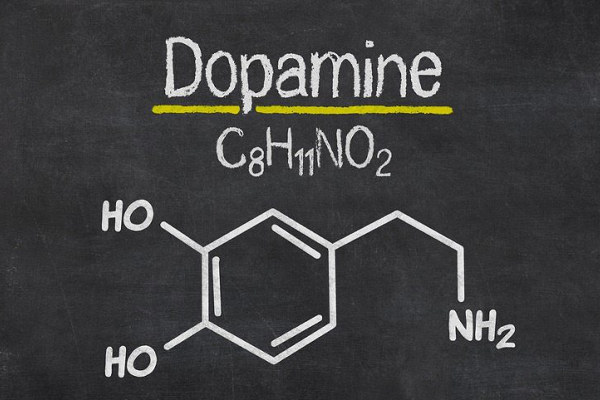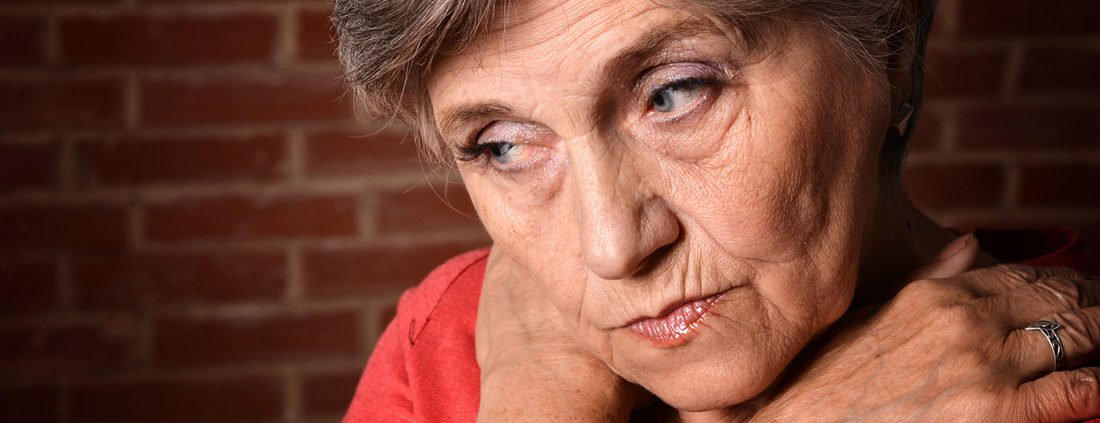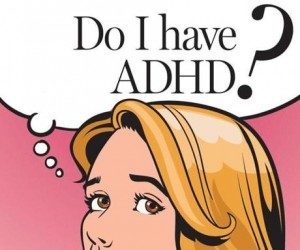Understanding the Symptoms of ADHD in Women
Attention Deficit Hyperactivity Disorder or ADHD is a condition where a person is inattentive, hyperactive, and impulsive. But the symptoms of this disease differ for every individual. ADHD does not happen to children alone. Adults can also have it.
Most of the time symptoms are seen at a young age. However, some people do not discover their ADHD until they are already adults. Women are particularly prone to this late discovery because women’s ADHD symptoms are less visible compared to men.
Adults with ADHD find it hard to manage their time, be organized, set goals, or keep a job. These reasons are why women might discover their ADHD later than men. The society expects women to be a picture of perfection, elegance, and gracefulness. Women are required to be the organized person in the room, and when a girl with ADHD finally has to face these expectations, it can trigger her tendencies and make her feel hopeless.
The expectations of society to women make it hard for them to conquer ADHD. They are faced with the challenge of keeping up with everything the world expects them to be or to do when they can’t even yet face their disorder. Even when using supplements to manage ADHD, things tend to be quite difficult.
Symptoms of ADHD in women can be noticed even at a young age. For example, a child who can’t seem to sit still or complete her schoolwork can be one of the indications they have the condition. Children with this kind of condition also tend to be overly emotional and might say inappropriate comments. These symptoms are under the hyperactive-impulsive form of ADHD.
Inattentive ADHD symptoms are forgetfulness, lack of focus, daydreaming, and difficulty with organization. According to experts, girls with ADHD belong to the inattentive type while boys are more of hyperactive-impulsive types of ADHD. However, there are still some who are exemptions to these rules.
Being a woman with ADHD is difficult especially if you are already married and are starting your own family. You now have a big responsibility on your shoulder. With your ADHD, facing those responsibilities may be a lot harder than otherwise, but always remember that nothing is ever impossible.

Opening up to your family and friends about your condition will make everything much easier. They will realize how difficult it is for you and will support you by resetting their expectation to something more realistic.
Hiring a professional to help you organize or work can also help you get started with conquering your condition. This way, you won’t miss anything because you will always have an assistant by your side.






